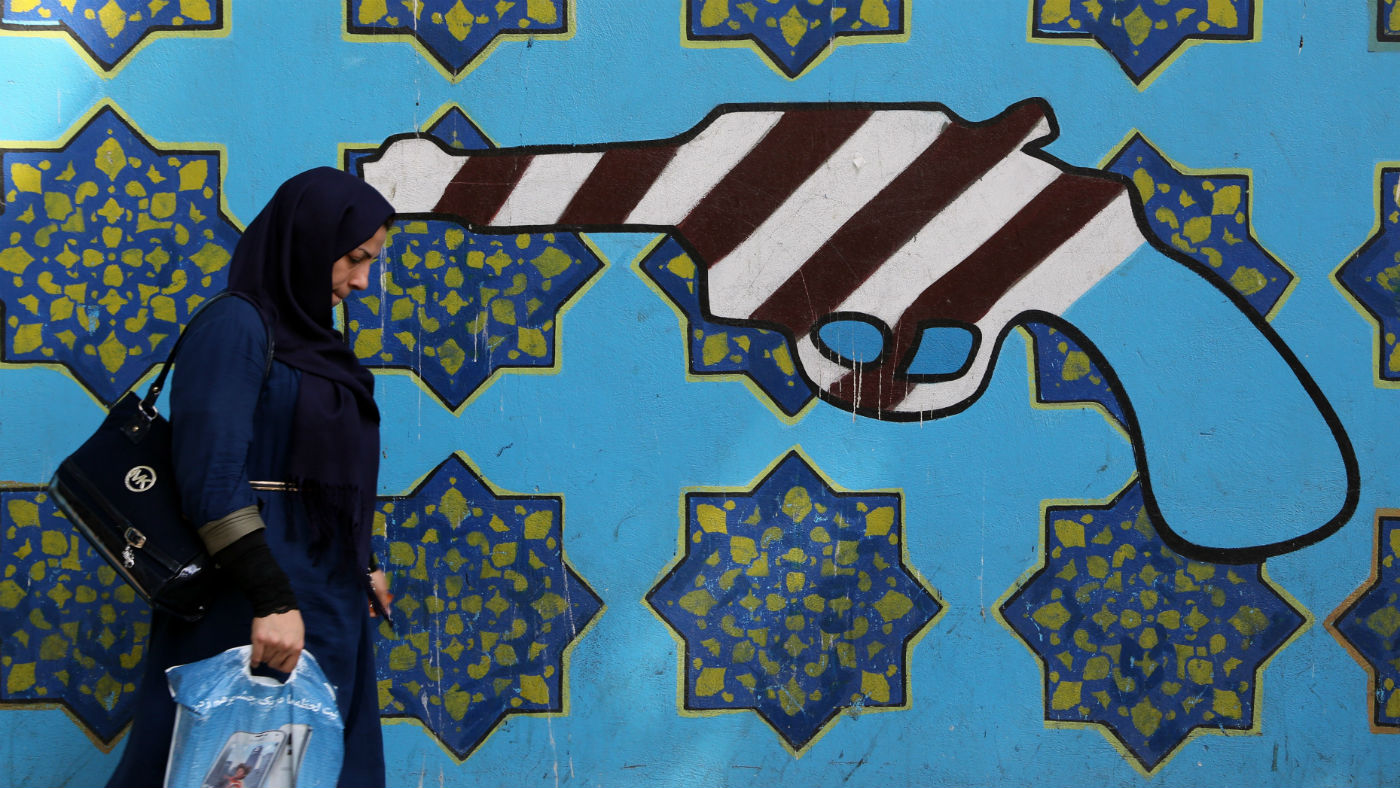Financial markets braced for fresh Iran sanctions
A renewed period of turbulence could end with a breakthrough in US-China trade war

A free daily email with the biggest news stories of the day – and the best features from TheWeek.com
You are now subscribed
Your newsletter sign-up was successful
Financial markets are bracing for a renewed period of turbulence this week as the US looks to impose fresh sanctions on Iran, while elsewhere hopes rise on a breakthrough in the US-China trade war.
Following a further escalation in tensions which saw the US come close to bombing several military targets inside Iran on Friday, President Donald Trump tweeted that “major” additional sanctions were being prepared from today to block Tehran from developing nuclear weapons.
Describing relations as “on a knife-edge”, The Guardian warned that “renewed tensions in the Middle East would likely cause the price of oil to rise sharply on international markets, while shares could tumble on stock exchanges around the world”.
The Week
Escape your echo chamber. Get the facts behind the news, plus analysis from multiple perspectives.

Sign up for The Week's Free Newsletters
From our morning news briefing to a weekly Good News Newsletter, get the best of The Week delivered directly to your inbox.
From our morning news briefing to a weekly Good News Newsletter, get the best of The Week delivered directly to your inbox.
“However, the threat of sanctions rather than a full-scale military intervention could comfort concerned investors,” the paper added.
The Financial Times says his “late reversal on military strikes underlines how Trump is grappling with the conflicting desire to be tough on adversaries and meet his campaign pledge of avoiding military interventions”.
James Phillips, a senior researcher at the conservative Washington-based Heritage Foundation, told Voice of America he believes the immediate risk of a US-Iran conflict has passed. At the same time, he does not expect Tehran to accept US calls for negotiations while Trump continues a “maximum pressure campaign” of sanctions on Iran.
“President Trump may have had second thoughts about carrying out a military strike against Iran, but he is set to toughen economic sanctions - the very policy that has helped bring the two countries to the brink of war,” says BBC defence correspondent Jonathan Marcus.
A free daily email with the biggest news stories of the day – and the best features from TheWeek.com
Faced with a US-imposed oil embargo and a web of other sanctions, Iran has warned in recent months that it will cease to abide by some elements of the 2015 nuclear agreement. President Hassan Rouhani has warned that if Europe does not do more to shield Iran from US sanctions by an 8 July deadline, it will take the much more significant step of increasing the level of enrichment of uranium, bringing it closer to weapons grade.
“Trump’s new sanctions will do nothing to reduce these tensions” says Marcus, adding “a diplomatic ‘off-ramp’ in this crisis seems as elusive as ever”.
Yet a week that begins with a ramping up of geopolitical tensions could end with a breakthrough in the US-China trade war.
Chinese state media reported over the weekend that President Xi Jinping is set to attend the G20 gathering of world leaders in Japan this week, where he is expected to meet the US president.
“Set against a backdrop of simmering hostility over trade between the two countries, the meeting could provide a potential breakthrough in the dispute that has harmed the resilience of the global economy over the past year,” says The Guardian.